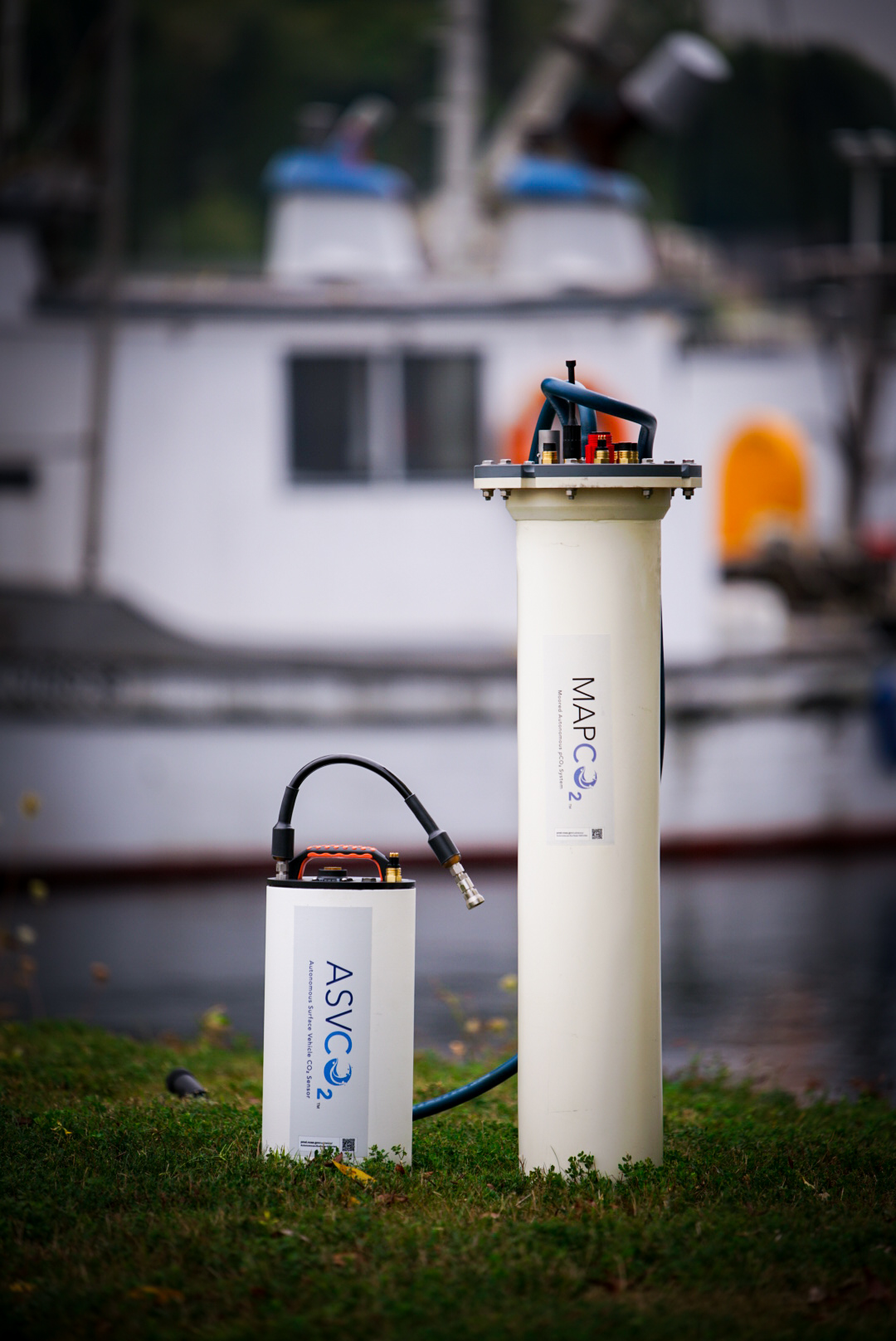
PMEL-developed ocean pCO2 observing technology. This funding will support the transition of the ASVCO2.
Credit: Randy Bott/NOAA
 Official websites use .gov
A .gov website belongs to an official government organization in the United States.
Official websites use .gov
A .gov website belongs to an official government organization in the United States.
 Secure .gov websites use HTTPS
A lock or https:// means you’ve safely connected to the .gov website. Share sensitive information only on official, secure websites.
Secure .gov websites use HTTPS
A lock or https:// means you’ve safely connected to the .gov website. Share sensitive information only on official, secure websites.

Week of 4/8: System status NORMAL. To check individual assets and information, visit ioos.us and/or the Environmental Sensor Map.

PMEL-developed ocean pCO2 observing technology. This funding will support the transition of the ASVCO2.
Credit: Randy Bott/NOAA
U.S. Integrated Ocean Observing System
1315 East-West Highway
2nd Floor
Silver Spring, MD 20910
(240) 533-9444
Privacy Policy | Disclaimer | Contact Webmaster | Survey | Information Quality | FOIA | EEO | DEIA | Accessibility
Website Owner: National Ocean Service | National Oceanic and Atmospheric Administration | Department of Commerce | USA.gov
indicates a link leaves the site. View our Link Disclaimer for more information.